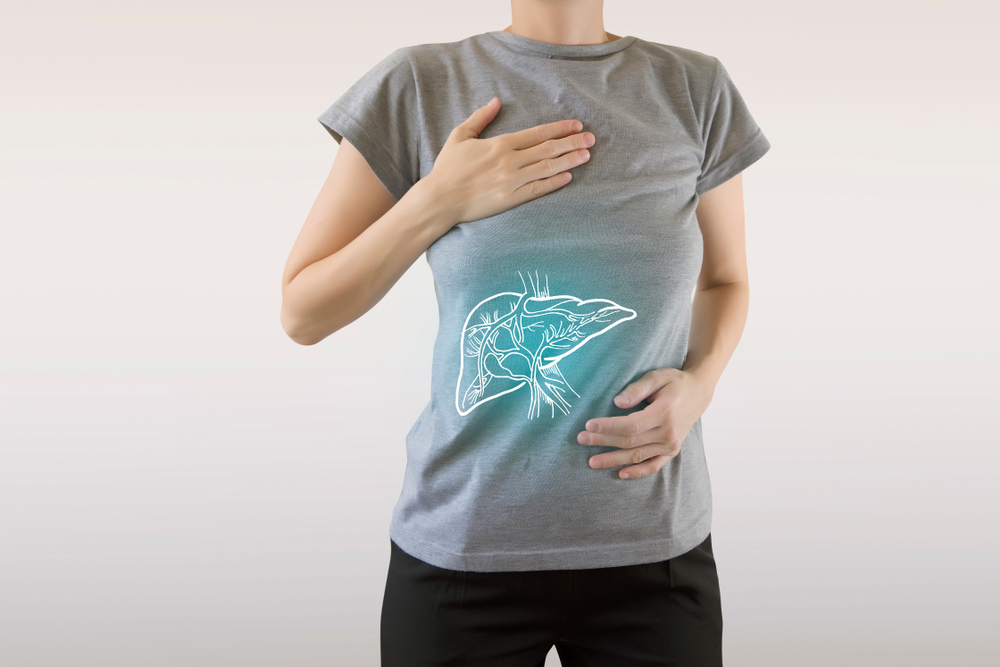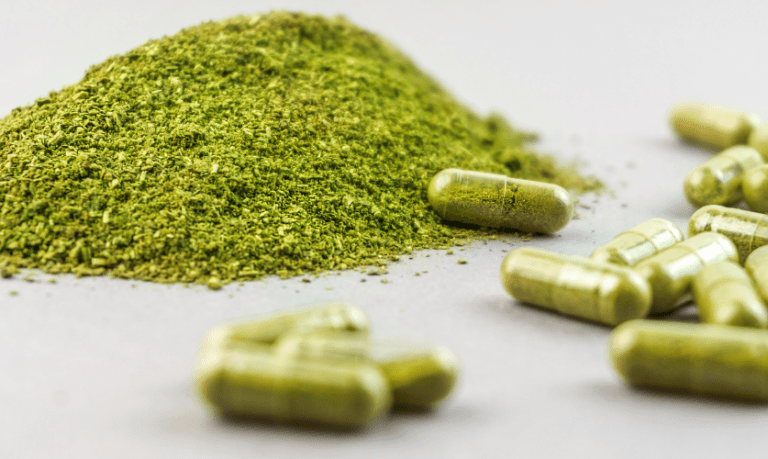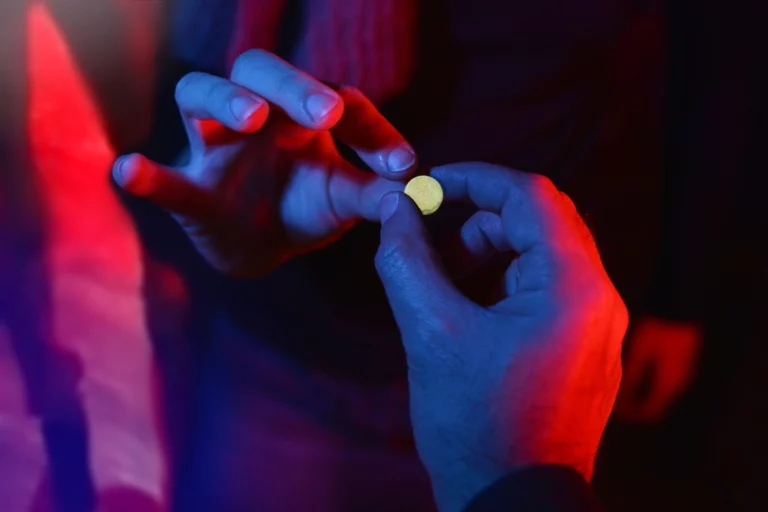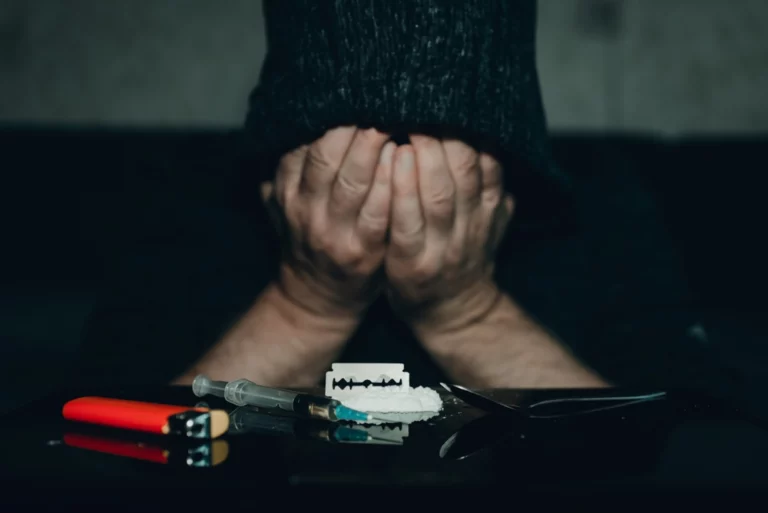10 Positive Signs Your Liver Is Healing From Alcohol Abuse
Substance abuse can interfere with your body’s natural detox and cleansing system, and alcohol can heavily damage your liver and its vital functions. The American Liver Foundation reported that 10 to 20% of heavy drinkers develop cirrhosis and other alcohol-related liver diseases after ten or more years of drinking.
Fortunately, it is possible to manage and treat various forms of liver disease, and once you begin to detox from alcohol, your liver can naturally regenerate and repair itself. In this article, you’ll be able to identify ten signs your liver is healing from alcohol abuse, some of which include an increase in energy, stabilized weight, and better appetite.
Connect With Us Now
Reach out to us now for immediate support, or let us know the best time to contact you through our confidential callback service. Your journey to healing is just a conversation away.
What Does A Healthy Liver Do?
A healthy liver is accountable for performing around 500 essential bodily functions, including breaking down and eliminating alcohol from the body. In fact, the liver will break down more than 90% of consumed alcohol, passing the rest through urine, sweat, and breath. One alcoholic drink takes around an hour to be metabolized, and with each drink, the processing time increases, leading to a higher blood alcohol content. Important liver functions include:
- Producing bile that facilitates the transportation of waste and the breakdown of fats in the small intestine.
- Converting hemoglobin into iron and storing excess iron for later use.
- Clearing drugs, toxins, and other harmful substances from the blood and cells.
- Preventing bilirubin buildup, which can cause yellowing of the skin and eyes.
- Converting extra glucose into glycogen, which the body can utilize as a future energy source.
- Breaking down fats, making them easier to digest.
- Defending the body against infections.
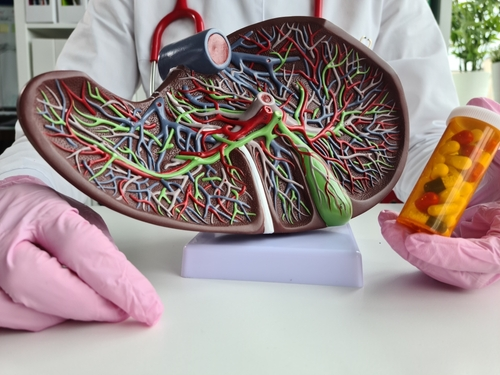
Signs Of Liver Damage
If your liver struggles to perform the above functions, you might notice one or multiple side effects. These include:
- Nausea and vomiting
- Feeling sick
- Unintentional weight loss or gain
- Tiredness
- Severe jaundice (yellow eyes and skin)
- Swollen ankles and stomach
- Loss of appetite
- Drowsiness
- Disorientation or confusion
- Vomiting or stooling blood
- Severe skin itching
- Easy bruising or bleeding
- The buildup of fluid in your abdomen
- Darkened urine
- Pale stooling

Signs Your Body Is Detoxing From Alcohol
There are two sets of signs your liver could display once you quit or moderate alcohol consumption. This includes signs your liver is detoxing and signs your liver is healing. Detoxing is the first phase you’ll notice. These symptoms exhibit themselves as your liver begins to break down and remove alcohol’s toxins in your body. Signs your liver is detoxing from alcohol include:
- Nausea
- Vomiting
- Anxiety
- Tremors
- Headaches
- Confusion
- Insomnia
- Restlessness
- Increased heart rate
- Increased blood pressure
Take Our Addiction Quiz for Recovery Insights
10 Signs Your Liver Is Healing From Alcohol Abuse
Your liver is a smart and self-sufficient organ, capable of growing new cells and enlarging existing ones. Once you start caring for your body and listening to your liver’s cries for help, you may notice the following signs.
- Increased energy: Impaired liver function severely impacts your body’s metabolic processes, leading to persistent feelings of tiredness and sluggishness. However, as your liver starts to heal, you’ll begin to notice an increase in energy levels.
- Balanced weight: When the liver is damaged, it won’t be able to produce bile or break down and absorb fats. It also won’t be able to convert glucose into glycogen, leading to a buildup of fat and glucose in the body. A healthy liver can process ingested food, convert it into nutrients, and maintain a stable weight.
- Better appetite: As mentioned, a healthy liver can produce enough bile to break down fats for energy. As your liver heals, it becomes easier to digest food, and you’ll feel more inclined to each regularly and try new foods.
- Normal eye and skin color: Liver damage impairs your body’s ability to process red blood cells as they break down, leading to jaundice. When the liver regains its ability to break down old blood cells, preventing bilirubin buildup, the skin, and eyes return to their normal color.
- Balance glucose levels: Continuous alcohol consumption can cause imbalanced blood glucose levels. While moderate alcohol consumption can increase blood sugar levels, heavy drinking can lower them.
- Improved blood clotting: Alcohol consumption lowers your ability to produce blood platelets, which are crucial in forming blood clots to prevent bleeding. With reduced platelet levels, bruising is more frequent, wound healing is slower, and the risk of internal injuries increases.
- Removes more toxins: The liver is responsible for eliminating alcohol and toxins from the body. However, excessive alcohol consumption impairs liver function and raises toxin levels in your bloodstream.
- Reduced pain: Long-term alcohol consumption can lead to painful inflammation from diseases like alcoholic hepatitis. Moderating or halting alcohol intake allows your liver to regenerate and regulate itself, preventing painful diseases.
- Reduced brain fog and increased clarity: The buildup of toxins in the body due to liver damage can impair brain function and cause hepatic encephalopathy (HE), a condition that disrupts brain function and causes symptoms such as brain fog and unclear thinking.
- Improved immunity: Heavy alcohol use weakens your immune function, leaving the body vulnerable to common ailments. Giving the liver time to recover by quitting alcohol strengthens the immune system and enhances infection resistance.

How To Help Your Liver Detox
Here are the best ways to help your liver detox and heal itself.
- Moderate or stop drinking alcohol: You can give your liver a break by either avoiding alcohol altogether or sticking to moderate drinking habits. Moderate drinking is defined as having up to one drink per day for women and two for men. The earliest stage of alcohol-related liver disease, fatty liver, can be reversed by abstaining from alcohol for 4 to 6 weeks, but some individuals will need to avoid alcohol for a lot longer or permanently.
- Monitor your medications and supplements: It is important to be aware that certain medications and supplements can put additional pressure on your liver, including drugs such as Tylenol, Advil, and statins, as well as herbal supplements like kava and black cohosh. To alleviate the strain on your liver, it is best to only take these substances when necessary and to follow dosing instructions carefully. Additionally, it is recommended to avoid consuming alcohol while taking these medications or supplements.
- Manage your weight: Unhealthy excess weight can heighten the chances of developing nonalcoholic fatty liver disease (NAFLD), where excess fat accumulates in the liver and causes inflammation and damage that affects its function. To lower the risk of NAFLD, it’s important to maintain a healthy weight by eating a balanced diet, controlling portion sizes, and staying physically active. If you have NAFLD, doctors and dietitians can recommend a gradual weight loss program along with dietary changes to ease the pressure on the liver.
- Eat a healthy diet: Eating a healthy and liver-friendly diet can prevent several liver problems. This diet comprises fresh fruits and vegetables, whole grains, and lean protein sources, such as legumes, seafood, and skinless poultry, while avoiding fatty meats and processed foods. Additionally, it is crucial to limit the consumption of sugary, salty, or unhealthy fatty foods, avoid undercooked shellfish, and stay hydrated by drinking enough water daily.
- Prevent infections: Inflammation of the liver and liver damage can also be caused by viral hepatitis, such as hepatitis A, B, and C. Hepatitis A is usually self-limited and usually resolves itself on its own, while hepatitis B or C can become chronic, resulting in further liver harm. To reduce the risk of contracting viral hepatitis, it is advisable to take preventive measures such as getting vaccinated against hepatitis A and B, using barrier methods like condoms during sex, refraining from sharing personal items such as razors and toothbrushes, avoiding needle reuse, and ensuring tattoo artists or piercers use sterile and disposable needles.
- See your doctor regularly: Regular doctor visits can help catch the early stages of liver failure and prevent issues before they worsen. If any signs of liver damage appear, you must schedule an appointment with your doctor or healthcare provider immediately. They can evaluate your condition and recommend an appropriate treatment plan to give your liver the rest and care it requires.
- Seek professional help: If you are struggling to resist drinking alcohol, it might be time to find an addiction treatment center or detox program that focuses on alcohol use disorders. These services can help you safely withdraw from alcohol and minimize withdrawal symptoms. Once you’ve gone through detox, you can start working on addictive behaviors and learn coping skills to avoid alcohol in the future.
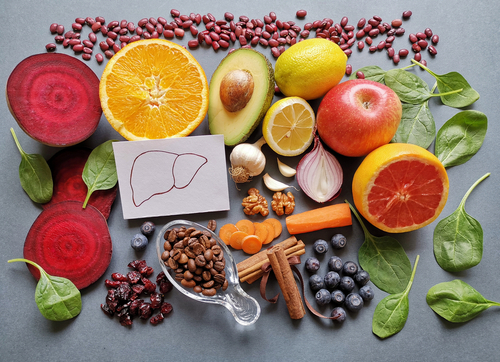
Contact Oasis Recovery Center
If you or a loved one is struggling with poor liver health and alcohol addiction, contact Oasis Recovery Center. Our admissions team can help identify your next steps, whether it involves a detox program or an addiction treatment plan. Through a holistic and combined treatment program, our team can focus on improving your mental health, address any underlying health issues, and support your overall health and well-being.
Are You Covered For Treatment?
Oasis Recovery Center partners with numerous private insurance providers. Our team is committed to assisting you in quickly and effortlessly verifying your insurance coverage for treatment.



